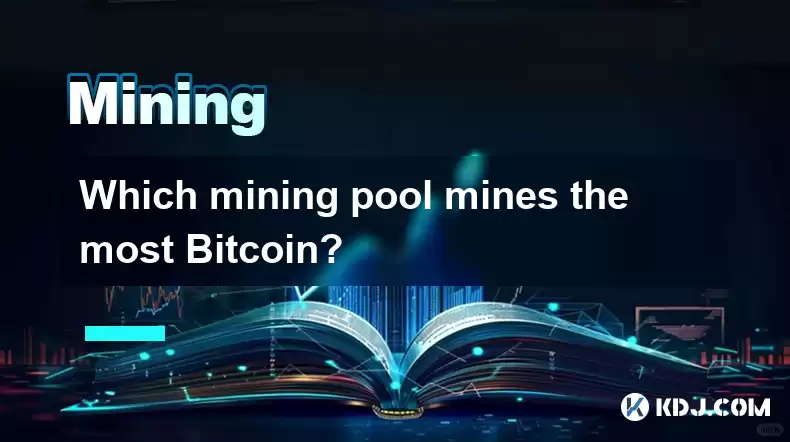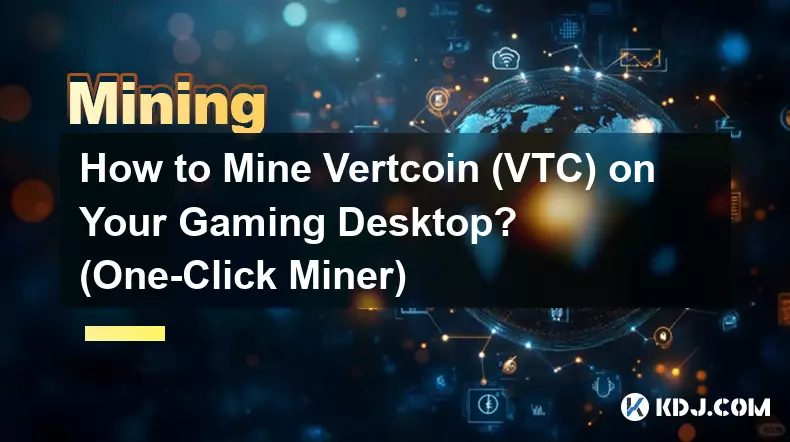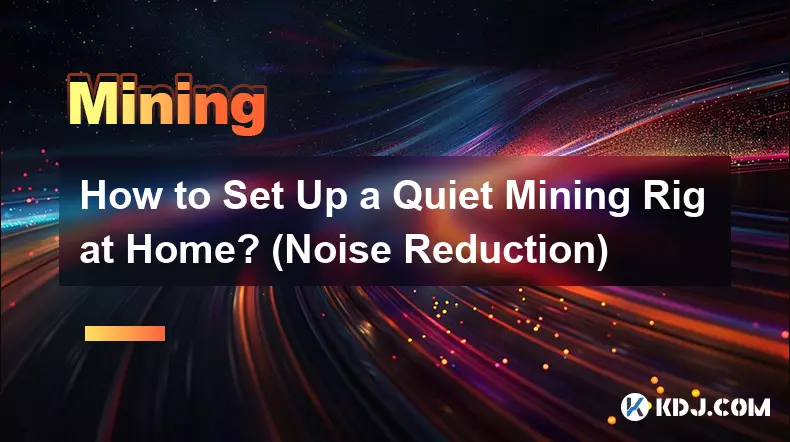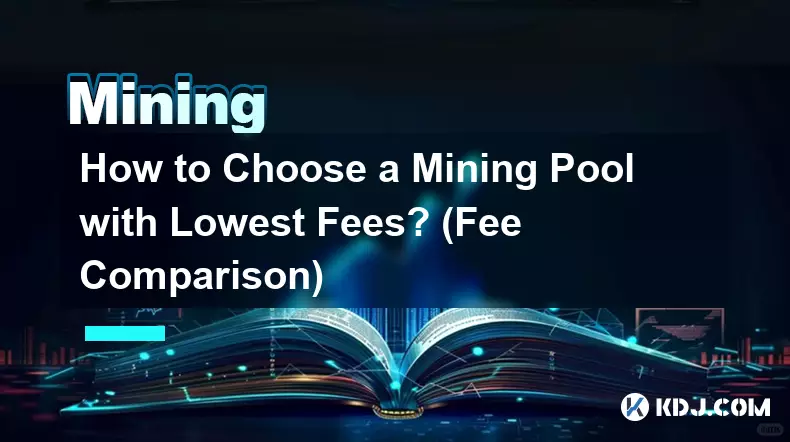-
 bitcoin
bitcoin $87959.907984 USD
1.34% -
 ethereum
ethereum $2920.497338 USD
3.04% -
 tether
tether $0.999775 USD
0.00% -
 xrp
xrp $2.237324 USD
8.12% -
 bnb
bnb $860.243768 USD
0.90% -
 solana
solana $138.089498 USD
5.43% -
 usd-coin
usd-coin $0.999807 USD
0.01% -
 tron
tron $0.272801 USD
-1.53% -
 dogecoin
dogecoin $0.150904 USD
2.96% -
 cardano
cardano $0.421635 USD
1.97% -
 hyperliquid
hyperliquid $32.152445 USD
2.23% -
 bitcoin-cash
bitcoin-cash $533.301069 USD
-1.94% -
 chainlink
chainlink $12.953417 USD
2.68% -
 unus-sed-leo
unus-sed-leo $9.535951 USD
0.73% -
 zcash
zcash $521.483386 USD
-2.87%
Which mining pool mines the most Bitcoin?
By understanding the concept of Bitcoin mining pools, assessing factors influencing pool selection, and analyzing the merits of joining a pool, aspiring Bitcoin miners can make informed decisions to maximize their earnings.
Jan 13, 2025 at 08:37 am

- Understanding the Concept of Bitcoin Mining Pools
- Evaluating the Top Bitcoin Mining Pools
- Assessing Factors Influencing Mining Pool Selection
- Analyzing the Merits of Joining a Mining Pool
Bitcoin mining is a decentralized process that involves solving complex mathematical problems to verify and add new transactions to the Bitcoin blockchain. This process requires immense computational power, leading to the emergence of mining pools.
Understanding Bitcoin Mining PoolsMining pools are collaborative networks of miners who combine their resources to increase their chances of solving blocks and earning rewards. By pooling their computational power, miners can significantly increase their overall hashing rate and generate a steady stream of Bitcoin.
Top Bitcoin Mining Pools- AntPool: China-based pool responsible for mining 21.86% of the total Bitcoin network hashrate.
- Poolin: Chinese pool accounting for 17.10% of the network hashrate, focusing on efficiency and reliability.
- ViaBTC: Innovative pool offering personalized fee structures and advanced technical features, capturing 11.70% of the hashrate.
- Binance Pool: Operated by the popular cryptocurrency exchange, handling approximately 10.87% of the network hashrate.
- Foundry USA: American pool attracting institutional miners with its emphasis on transparency and compliance, accounting for 9.30% of the hashrate.
When selecting a mining pool, several factors should be considered:
- Hashrate: The pool's overall computing power, determining its chances of finding blocks.
- Fees: The portion of mining rewards deducted by the pool for its services.
- Pool Luck: A measure of the pool's recent performance and consistency in finding blocks.
- Minimum Payout: The threshold for receiving rewards, influencing the frequency of payouts.
- Support and Reputation: The availability of technical support and the pool's overall reputation.
- Increased Mining Efficiency: Collaborating with a pool increases the chances of solving blocks and earning rewards.
- Stable Income: Regular payouts from the pool provide a consistent source of income.
- Reduced Costs: Shared electricity and hardware expenses reduce the financial burden on individual miners.
- Access to Advanced Technology: Pools often provide access to cutting-edge mining hardware and software.
- Hardware Requirements: Ensuring compatibility with the pool's mining software and hardware specifications.
- Software Configuration: Optimizing the mining software for maximum efficiency and performance.
- Security Measures: Implementing security protocols to protect against malicious attacks.
- Monitoring and Maintenance: Regularly monitoring hardware and software to ensure optimal operation.
Q: What is the most profitable Bitcoin mining pool?A: The most profitable mining pool depends on various factors, including the pool's hashrate, fees, and luck. Currently, AntPool and Poolin are among the most profitable pools.
Q: How do I join a Bitcoin mining pool?A: Joining a Bitcoin mining pool typically involves creating an account on the pool's website and configuring your mining software to connect to the pool's servers.
Q: What are the risks of Bitcoin mining?A: Bitcoin mining involves financial risks due to market volatility and the possibility of hardware failures. Additionally, the environmental impact of mining operations should be considered.
Q: How much Bitcoin can I earn from mining?A: The potential earnings from Bitcoin mining depend on the hashrate, pool luck, and the current market price of Bitcoin. It is essential to calculate the profitability before investing in mining equipment.
Q: What is the future of Bitcoin mining?A: The future of Bitcoin mining is uncertain, as technological advancements and regulatory changes may impact its profitability and sustainability. However, it remains a vital component of the Bitcoin network.
Disclaimer:info@kdj.com
The information provided is not trading advice. kdj.com does not assume any responsibility for any investments made based on the information provided in this article. Cryptocurrencies are highly volatile and it is highly recommended that you invest with caution after thorough research!
If you believe that the content used on this website infringes your copyright, please contact us immediately (info@kdj.com) and we will delete it promptly.
- UAE Investor Secures Major Stake in Trump-Linked Crypto Firm Amidst Shifting Geopolitical Tides
- 2026-02-02 07:10:01
- Pepe Meme Coin: Navigating the Hype, Price Predictions, and Future Outlook in 2026 and Beyond
- 2026-02-02 07:05:01
- Blockchain Gaming's Quiet Revolution: Unpacking Latest Trends and Industry Insights Amidst Market Shifts
- 2026-02-02 06:30:01
- IPO Genie, Tokenization, and YouTubers: The Big Apple's Next Big Bet on Democratized Wealth
- 2026-02-02 06:40:02
- Aptos in a Bind: Downtrend Deepens, But a Brief Relief Bounce Looms Before the Next Plunge
- 2026-02-02 07:00:01
- Pi Network, ATL, and Community: Navigating the Currents of a Mobile-First Crypto Movement
- 2026-02-02 07:00:01
Related knowledge

How to Spot a Cloud Mining Scam? (Red Flags to Watch For)
Feb 02,2026 at 08:20am
Unrealistic Return Promises1. Platforms advertising guaranteed daily returns above 1–2% without disclosing underlying hardware, electricity costs, or ...

How to Earn Passive Income with DePIN Mining? (New Trend 2026)
Feb 01,2026 at 12:40pm
Understanding DePIN Mining Mechanics1. DePIN mining relies on real-world infrastructure participation rather than computational hashing. Users deploy ...

How to Mine Vertcoin (VTC) on Your Gaming Desktop? (One-Click Miner)
Feb 02,2026 at 03:39am
Understanding Vertcoin's Mining Algorithm1. Vertcoin uses the Verthash algorithm, which is intentionally memory-hard and designed to resist ASIC domin...

How to Set Up a Quiet Mining Rig at Home? (Noise Reduction)
Feb 01,2026 at 11:00pm
Acoustic Enclosure Design1. Use rigid, dense materials such as MDF or acoustic-grade plywood for the enclosure walls to block mid-to-high frequency no...

How to Choose a Mining Pool with Lowest Fees? (Fee Comparison)
Feb 02,2026 at 02:39am
Understanding Mining Pool Fee Structures1. Pool operators charge fees to cover infrastructure, maintenance, and administrative costs. These fees manif...

How to Mine Bitcoin on Mac (M1/M2/M3)? (Software Tutorial)
Feb 01,2026 at 07:19pm
Understanding Bitcoin Mining on Apple Silicon1. Bitcoin mining relies on solving cryptographic puzzles using computational power, and Apple’s M1, M2, ...

How to Spot a Cloud Mining Scam? (Red Flags to Watch For)
Feb 02,2026 at 08:20am
Unrealistic Return Promises1. Platforms advertising guaranteed daily returns above 1–2% without disclosing underlying hardware, electricity costs, or ...

How to Earn Passive Income with DePIN Mining? (New Trend 2026)
Feb 01,2026 at 12:40pm
Understanding DePIN Mining Mechanics1. DePIN mining relies on real-world infrastructure participation rather than computational hashing. Users deploy ...

How to Mine Vertcoin (VTC) on Your Gaming Desktop? (One-Click Miner)
Feb 02,2026 at 03:39am
Understanding Vertcoin's Mining Algorithm1. Vertcoin uses the Verthash algorithm, which is intentionally memory-hard and designed to resist ASIC domin...

How to Set Up a Quiet Mining Rig at Home? (Noise Reduction)
Feb 01,2026 at 11:00pm
Acoustic Enclosure Design1. Use rigid, dense materials such as MDF or acoustic-grade plywood for the enclosure walls to block mid-to-high frequency no...

How to Choose a Mining Pool with Lowest Fees? (Fee Comparison)
Feb 02,2026 at 02:39am
Understanding Mining Pool Fee Structures1. Pool operators charge fees to cover infrastructure, maintenance, and administrative costs. These fees manif...

How to Mine Bitcoin on Mac (M1/M2/M3)? (Software Tutorial)
Feb 01,2026 at 07:19pm
Understanding Bitcoin Mining on Apple Silicon1. Bitcoin mining relies on solving cryptographic puzzles using computational power, and Apple’s M1, M2, ...
See all articles










































































